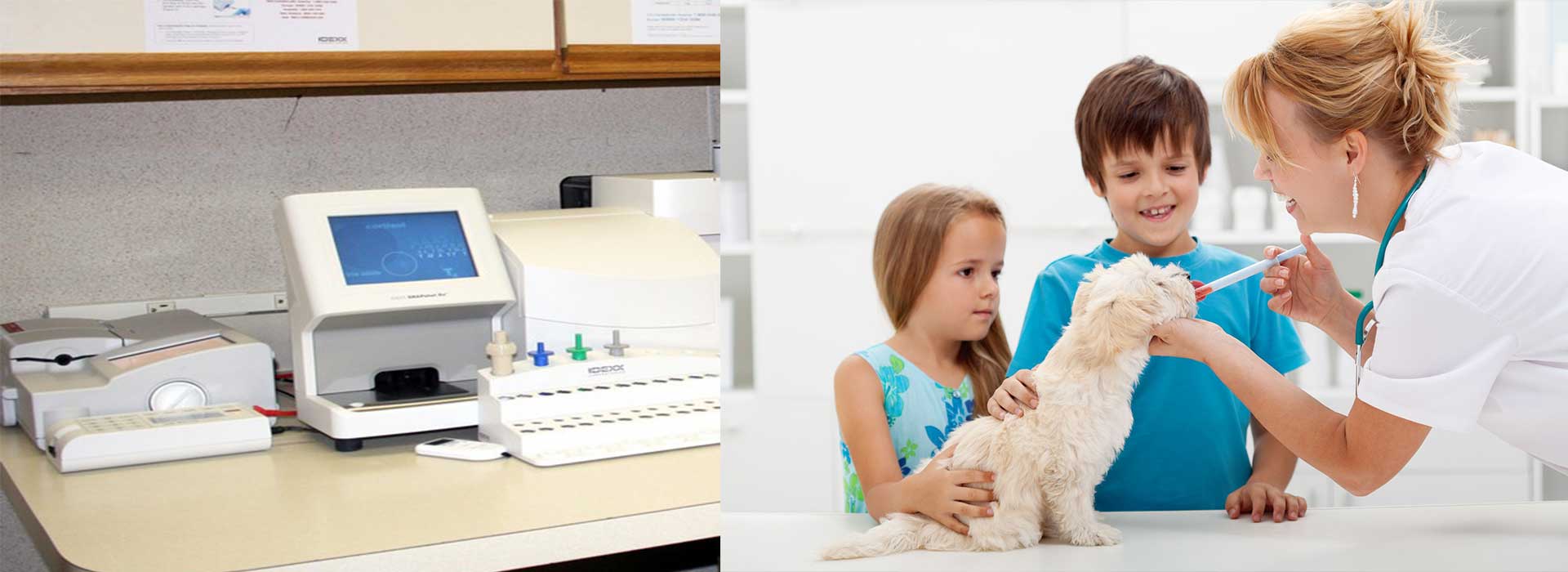
We are Veterinarians
Veterinary Services
Originative & Professional
Specialized in dealing with all kinds of Animals, both the drugs, food etc
know more view project
We are Veterinarians
Veterinary Services
Originative & Professional
Specialized in dealing with all kinds of Animals, both the drugs, food etc
know more view project
We are Veterinarians
Veterinary Services
Originative & Professional
Specialized in dealing with all kinds of Animals, both the drugs, food etc
know more view project
We are Veterinarians
Veterinary Services
Originative & Professional
Specialized in dealing with all kinds of Animals, both the drugs, food etc

We are Veterinarians
Veterinary Services
Originative & Professional
Specialized in dealing with all kinds of Animals, both the drugs, food etc

We are Veterinarians
Veterinary Services
Originative & Professional
Specialized in dealing with all kinds of Animals, both the drugs, food etc

We are Veterinarians
Veterinary Services
Originative & Professional
Specialized in dealing with all kinds of Animals, both the drugs, food etc

We are Veterinarians
Veterinary Services
Originative & Professional
Specialized in dealing with all kinds of Animals, both the drugs, food etc

We provide the highest quality pet care
pet care
from our Caring compassionate vets
We offer non-surgical laser therapy from our surgery for both dogs and cats.

Passionate about Pets
Laser Therapy for your pet
We are Wonderful & Professional
Our Services are: 24 Hour Emergency Service, Bone and joint surgery, Consultations, Dentistry, Flea prevention, lungworm and tick treatment, Home Visits, Insurance, Kitten and Cat care, Laser therapy for dogs and cats, Microchips, Our Offers, Our Videos, Pet healthcare club, Pet Healthcare plan cats, Pet healthcare plan dogs, Pet Healthcare Plan Rabbits, Pet Passports, Puppy and Dog care, Puppy and Kitten packs, Rabbit care, Radiology, Safe Anaesthesia, Ultrasound, Vaccinations,

























